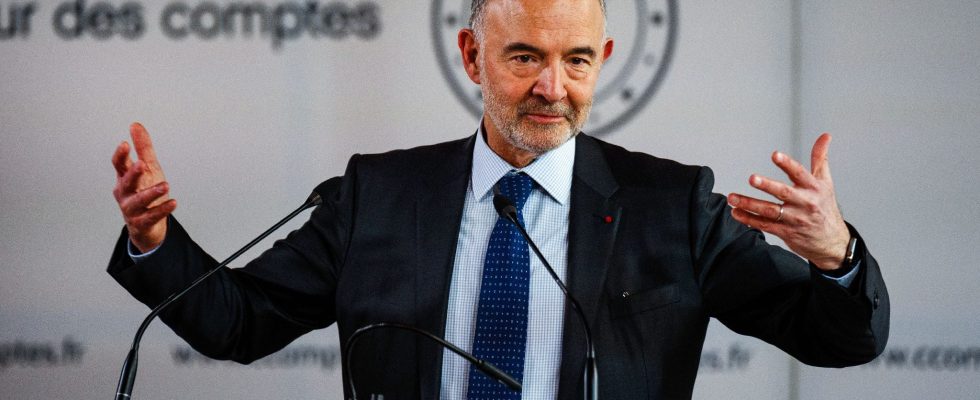Haro on medical deserts. In its report published this Monday, May 13, the Court of Auditors scrutinizes the policies implemented to reduce inequalities in access to care in France, deemed too “fragmentary”, “insufficiently targeted” and not “evaluable”. “The organization of ‘primary care’ has not yet been structured as a public policy”, regrets the Court in his press release.
And for good reason, despite “several series of plans” implemented since the 1990s, medical deserts continue to gain ground in France. The laws adopted between 2016 and 2022 clearly reflect “a desire to build a global strategy”, but the concrete implementation “however proved to be unstable and not very intelligible”, with various measures which are “juxtaposed” without “coherence of ‘together,’ she judges.
According to the Sages of rue Cambon, “the rate of patients without a treating doctor can represent up to a quarter of patients (i.e. twice more than the average) and the rate of visits to the emergency room without any particular seriousness can reach 40% in some territories, such as in the Ardennes”.
Insufficient delegation to paramedics, eligibility criteria too broad…
Among the avenues which explain the deterioration of medical provision in France: a delegation of medical procedures to paramedical caregivers which remains “less in France than in other developed countries”. This is why the Court of Auditors calls on the public authorities to build a national strategy accompanied by “quantified objectives, an implementation timetable and a precise identification of the levels of responsibility”, national and departmental.
Another weakness raised by the judges: medical deserts, also called “under-dense” zones, would be too large. This would involve tightening the eligibility criteria for financial aid granted for installations. The Court of Auditors also suggests making aid for equipment, for the hiring of medical assistants for example, more “selective” and “targeted”, so that it only benefits under-resourced areas.
More generally, the report calls for “voluntary actions” and recommends “conditioning any new installation in the areas best equipped with doctors to a commitment to partial practice in the least well endowed areas”, by financially supporting the development of “secondary cabinets”. The report proposes, for example, entrusting hospitals with a “new mission of general interest”, by opening “multipurpose hospital health centers” in areas in great difficulty.
